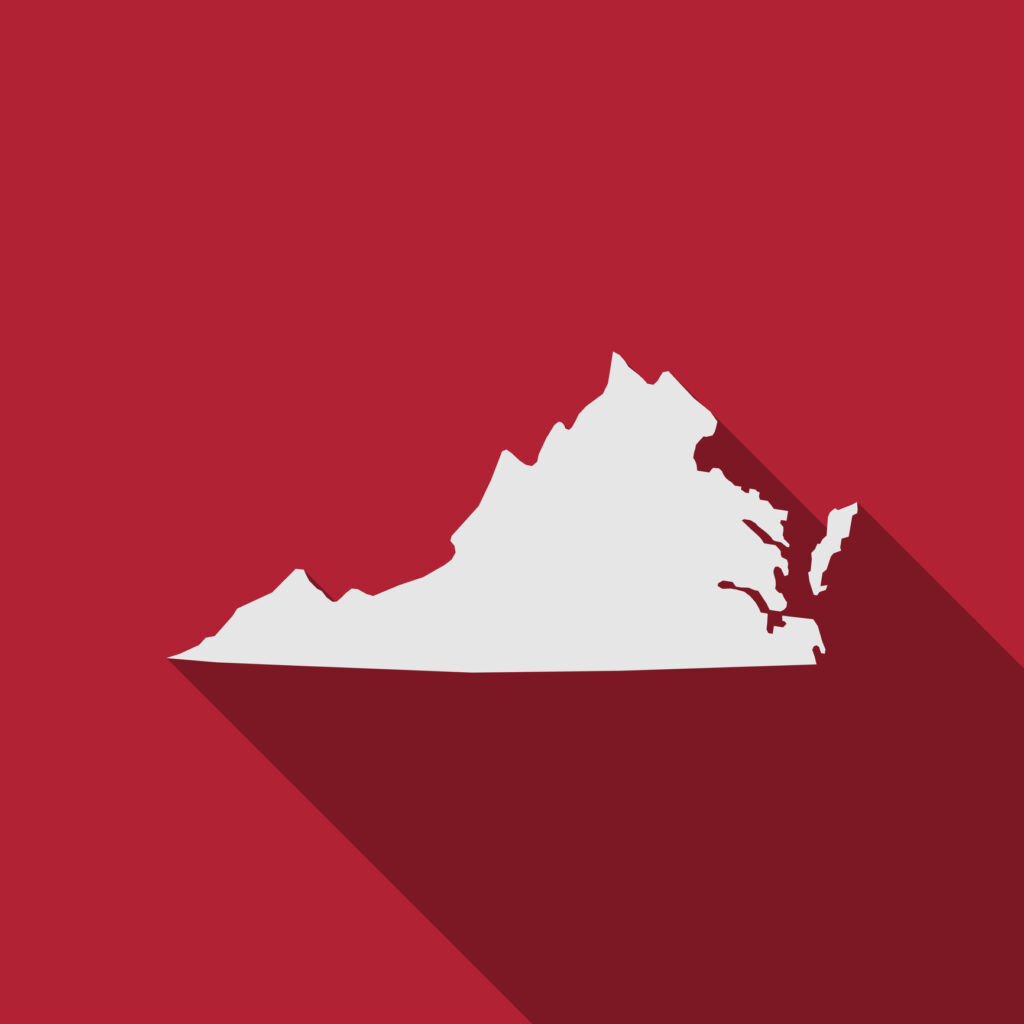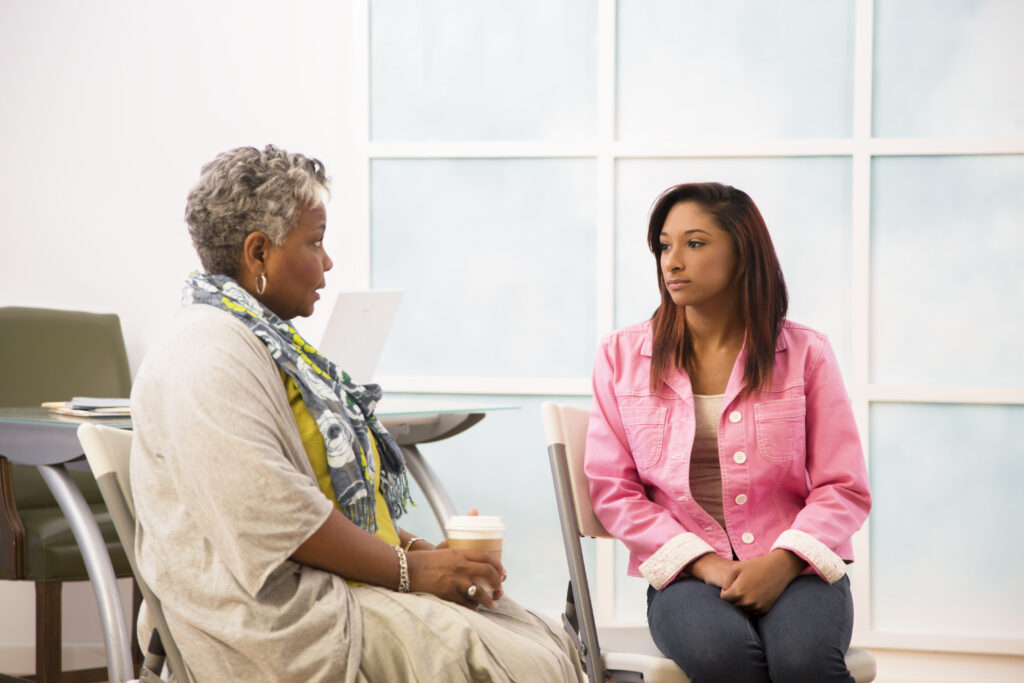How a Community Liaison Officer Can Help Your Recovery

When you seek help for a drug or alcohol addiction, one of the first faces you see may be a community liaison officer. If you’re wondering what community liaison is and how they can help, you’ve come to the right place.
What is a community liaison?
A community liaison, often called a community liaison officer or community liaison specialist, is an individual employed by an agency or organization to engage with the broader community. Whether this position is filled by an individual or a team of people, the role of a community liaison is to engage with local resources for the mutual benefit of the company and those who are patrons of it.
In the context of addiction recovery, a community liaison’s roles will include the following:
- Sharing information about the treatment center with the community
- Expanding access to care throughout the community (for example, those without internet access or transportation)
- Providing information or trainings on working with people with substance use disorders
- Attending community events and meetings
- Advocating for the agency’s needs
- Explaining treatment services
In addition to involvement in the broader community, community liaisons also serve to interact on a one-on-one basis with members of the community. If you have questions about treatment, the resources in your local area or how to get started with recovery, a community liaison officer is a great person to ask.
Will there be a community liaison at my recovery center?
Each substance use recovery center has a unique structure, and not all will have a community liaison on site. While increasing numbers of treatment facilities are ensuring a dedicated staff presence in this important role, it’s not a guarantee.
Some agencies have staff who do community liaison work without it being their main job title. Social workers, receptionists, therapists and managers may take on parts of the community liaison role without it being their sole responsibility. For example, the social workers in your treatment center may host training sessions, or the facility managers may attend community meetings to spread awareness.
If you have a treatment center in mind and you’re curious about whether they have a community liaison on staff, feel free to ask about it during your intake interview or level of care assessment.
How can a community liaison help me in my recovery?
There are several benefits to having a community liaison as part of your care team. Here are some of the benefits that come along with incorporating community liaison services into your treatment.
Greater understanding of the resources in your local community
While technological advances have made telehealth widely accessible, there are resources you’ll need in recovery that can’t be virtually substituted. Anything that can’t be done remotely requires finding local providers.
Assistance with housing, access to food pantries, occupational training and medication-assisted treatment are all areas where a community liaison can prove invaluable. He or she will offer quick connections to the tools you need after detox.
Resource recommendations
Your community liaison is equipped to connect you to essential services that will make a real impact on your long-term recovery. That’s because the officer you’re working with is bound to be familiar with the services available nearby and which ones will provide you with the best outcomes.
It’s a community liaison’s job to narrow down the best resources so you don’t have to. These tried and true recommendations help you avoid sifting through ineffective continuing services and may even help you avoid relapse in the process.
Advocate on your side
A community liaison helps information flow in both directions: from a treatment provider to you and from you back to the treatment provider. Sometimes recovery can make it feel like you’re getting lost in the system, but a community liaison officer can ensure that your voice is heard.
Community liaison services can also have an impact on a broader scale. If you’re eager to catalyze larger change in your city or state, a community liaison can personally aid you in getting started or empower you to connect with people who envision the same future.
How can I ensure my recovery center has the support of a community liaison?
Not all addiction recovery programs will have the advantage of an in-house community liaison officer, so if you’re set on having the assistance of these services on your side, check out Pyramid Healthcare. Community liaison services are available when you seek treatment through our variety of programs.
Check out more resources here or call today to get started in your recovery journey.



